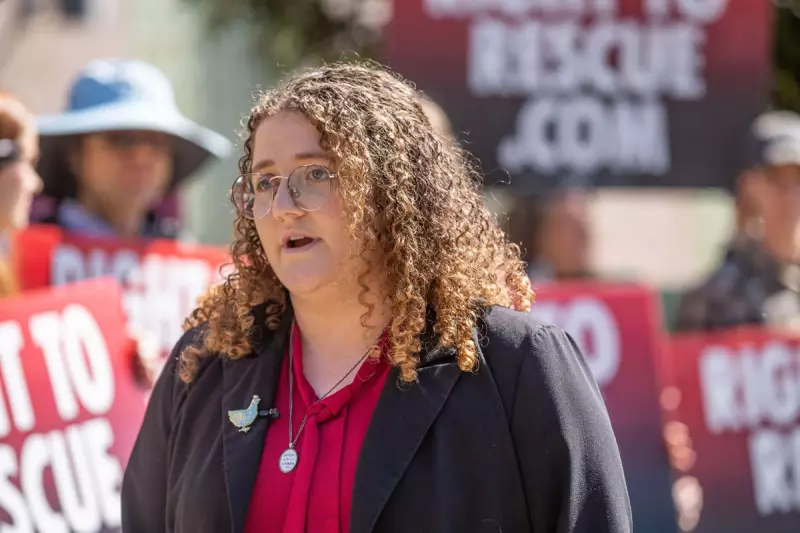
In a landmark legal move that could send shockwaves through the poultry industry, California prosecutors have filed criminal charges against Perdue Farms, one of America's largest chicken producers, for alleged animal welfare violations.
Criminal Charges for Poultry Giant
The Sonoma County District Attorney's Office has taken the unprecedented step of charging the agricultural behemoth with multiple misdemeanour counts related to animal cruelty. The case centres on disturbing allegations that Perdue failed to provide adequate space for its chickens, directly violating California's pioneering Proposition 12 animal welfare standards.
What Proposition 12 Requires
California's Proposition 12, passed by voters in 2018, established minimum space requirements for farm animals and banned the sale of products from animals confined in conditions that didn't meet these standards. The law represents one of the nation's strongest animal welfare regulations, and Perdue appears to be the first major producer facing criminal enforcement.
Potential Consequences for Executives
Perhaps most significantly, the charges open the possibility of jail time for Perdue executives and employees found responsible for the violations. This represents a dramatic escalation in enforcement that could set a powerful precedent for how agricultural corporations are held accountable for animal welfare compliance.
Industry-Wide Implications
The case against Perdue signals California's serious intent to enforce its animal welfare laws, potentially affecting numerous poultry producers operating within or selling to the California market. Agricultural businesses across the United States will be watching this case closely as it may establish new legal boundaries for corporate farming practices.
Broader Animal Welfare Context
This legal action comes amid growing consumer awareness and concern about farm animal treatment. Proposition 12 has faced various legal challenges since its passage, but this criminal prosecution demonstrates California's commitment to implementing the standards voters demanded.
The outcome of this case could reshape animal welfare enforcement in American agriculture and establish new legal risks for corporate executives who fail to comply with state farming regulations.





